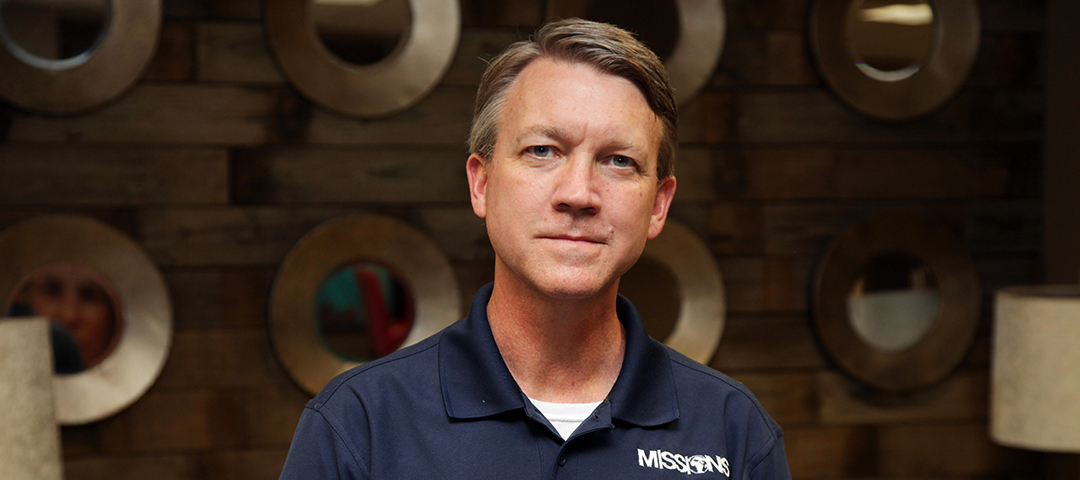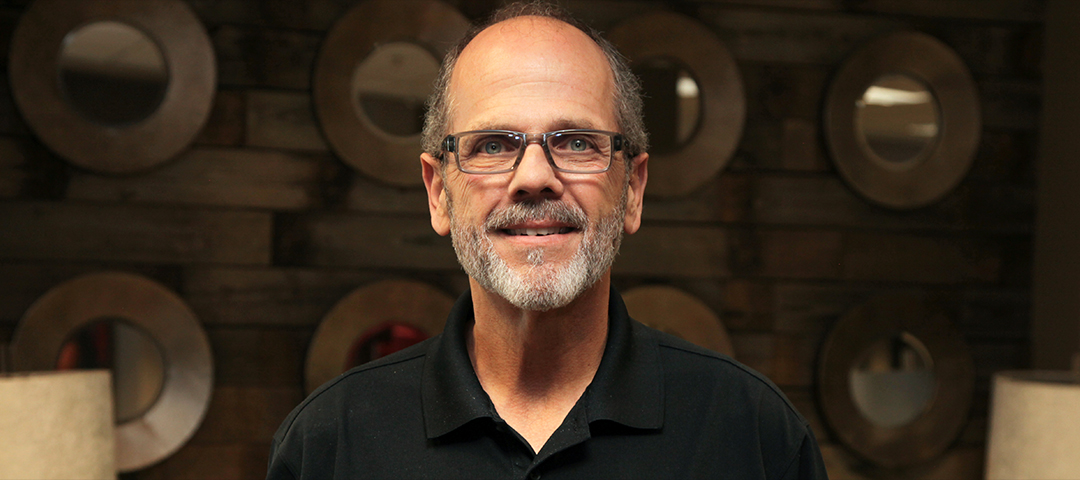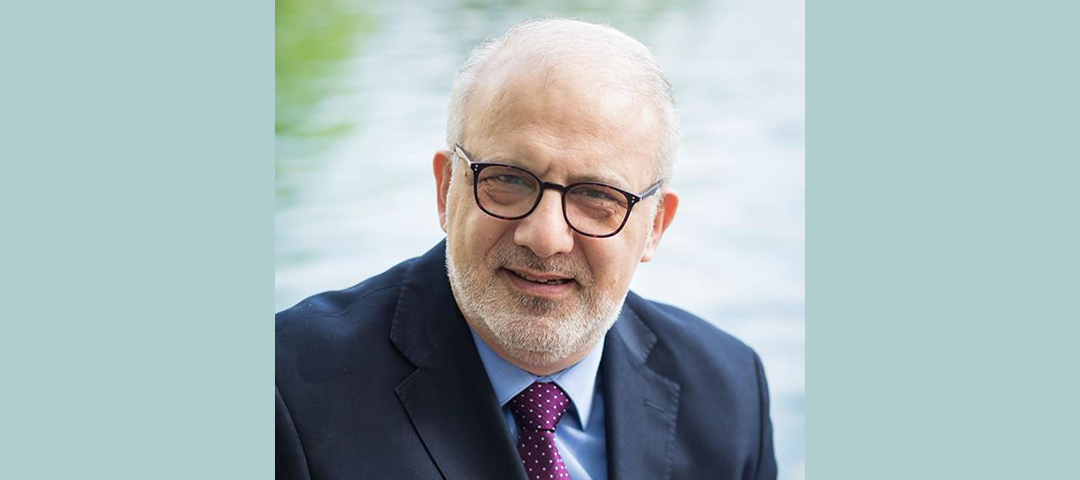
CO:MISSIONED: In and Through the Church
January 3, 2023
CO:MISSIONED in North America–Reaching Those Next Door
January 17, 2023New opportunities are on the horizon for our ministries in the Middle East, with a church plant in Syria, two new church plants in Lebanon, and a pastor in Egypt who is planning to expand his ministry in 2023. With more church plants comes the need for more workers, and with the need for more workers comes the need for more training.
Regional Coordinator and BMA Missionary Charlie Costa says, “We are just trying to find the right people–the right workers who can go and help, teach, and preach, and beginning this year we are starting a new training program that will train church workers in different skills for church planting, teaching, preaching, etc.
The opportunities are endless with connections in Southern Sudan, Egypt, Jordan, Syria, and Lebanon, but the opportunities for reaching the Middle East don’t stop with countries within the regional boundaries; opportunities to reach Arabic-speaking North Africans in southern Spain, northern Uganda, and northern Congo are also abundant.
Bro. Costa says, “Some people focus a lot on discipleship, which is great, but we need trained people to do the work.” That’s where our churches and church leaders in the U.S. come in–there is a need for them to connect with our pastors and churches in the Middle East for training purposes.
Another aspect of ministering in the Middle East is method of outreach. According to Bro. Costa, “Old methodology is exhausted already. We need to think outside the box, touching on issues people care about. We tend to be on the offensive with social issues. People already know that some of the things happening in society are wrong, but they don’t know of an alternative. People don’t need us to attack; they need us to offer solutions.”
Our missionaries in the Middle East have been using creative methods for years. In Lebanon, Joe Costa uses technology and social media to reach young people by producing relatable content about relevant topics. In Jordan, Sam Batarseh recently opened a coffee shop in the same building as his church. The coffee shop is staffed by widows from his wife’s ministry to widows and the elderly, and it serves as a place where people of the community can come for a Christian environment and discounted coffee. Rana Costa-El Hage, also in Jordan, uses her skills as a physician to reach those around her. These are just a few of the unique ways our missionaries are creatively reaching their communities.
In addition to creativity, reaching the Middle East requires intentionality. Every religion in the Middle East has its set of values, and many of the values are the same across religions. Christians shouldn’t lie, commit adultery, or steal, and the same is for Muslims. What makes the difference is incarnational Christianity–living the love of Christ and displaying it to others. Bro. Costa says, “When you love people, listen to people, accept people, and then share the message of the gospel and the cross, it will start making more sense.”
Bro. Costa adds, “Especially for Muslims in the region, a moral life is the door to heaven. We’re not telling them anything new. That’s their religion too, but when I talk about loving people in spite of their immorality, accepting people in spite of their sin, as something that has been demonstrated by the love of Christ on the cross . . . to them that is foreign, and when you live that, in everyday life and they see that, then you touch them one way or the other. People are watching.”
God is at work in the Middle East. He is using faithful men and women to reach the lost using out-of-the-box thinking, but his mission remains the same. If you’d like to learn more about partnering with our ministries in the Middle East email Bro. Charlie Costa at chuckcosta58@gmail.com.

